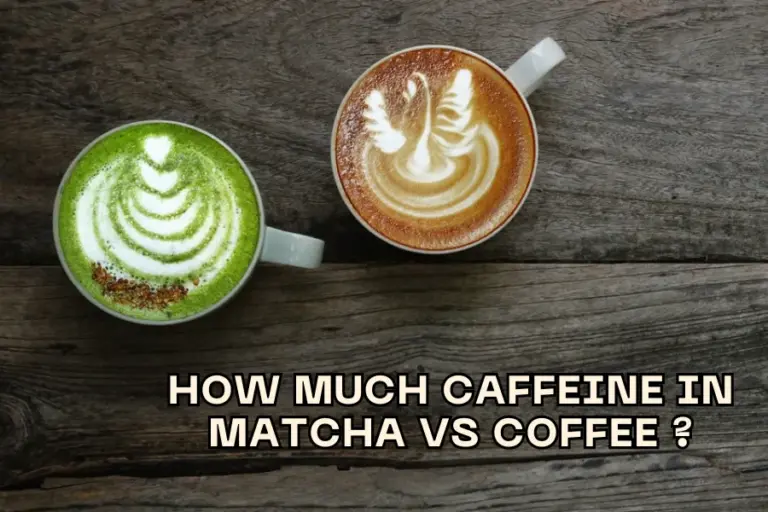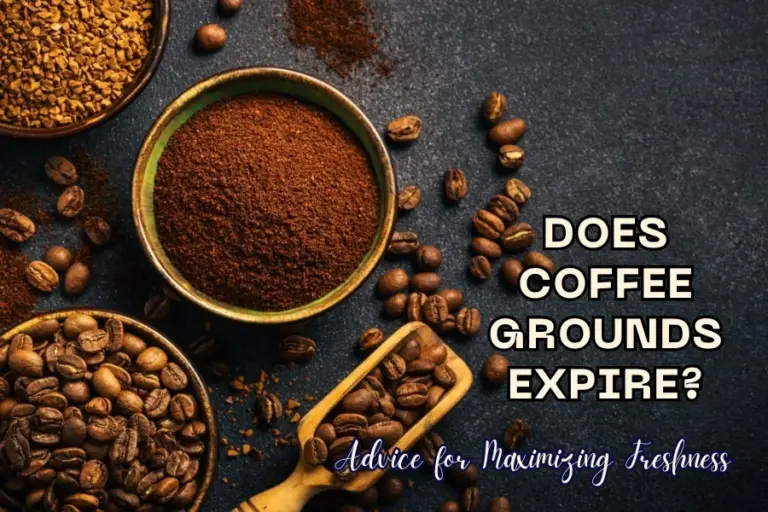Does Decaf Coffee Taste Different From Regular Coffee?

Regulars and decafs are subjects of discussion among coffee lovers. While decaf provides a caffeine-free alternative, one question may come to your mind: Does decaf coffee taste different from regular? The truth is that it depends on what kinds of decaffeinated coffee you are having.
In this article, you will find a satisfying answer to this common question. We will also discuss the process of decaf coffee production and share some cool facts about this caffeine-free coffee. Regular coffee lovers and those planning to switch to decaf will discover everything they might need to know about the taste, advantages, and brewing recommendations related to decaf coffee.
Does Decaf Coffee Taste Different? Here’s Your Answer
Decaf coffee, or decaffeinated coffee, has been the favorite choice of many people these days. It still satisfies the taste of coffee lovers without overloading the body with caffeine. Caffeine can be found in matcha, coffee, tea, chocolate, or kombucha. However, this no-caffeine coffee undergoes different methods and raises questions about whether decaf coffee tastes like normal coffee. Let’s find out how decaf is made and if the flavor differs from the original.
How Was Decaf Coffee Invented?
A German merchant named Ludwig Roselius accidentally discovered a way to remove caffeine from coffee beans after one of his shipments was soaked in seawater. Then in 1906, the first commercial decaf coffee, Sanka, hit the market and created the decaf trend until now.
How To Produce Decaf Coffee?
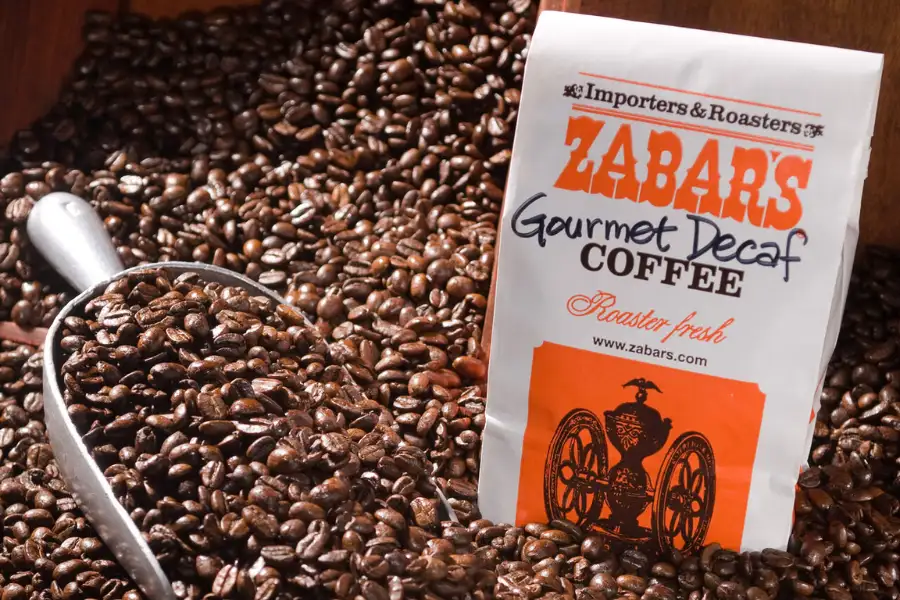
Decaf is a kind of coffee that is removed at least 97% caffeine. This is usually done by one of the following techniques:
- Swiss Water Process: This method uses plain water to extract caffeine naturally without adding any chemicals. Thus, it can preserve much of the original flavor of the coffee.
- Solvent-Based Process: The process utilizes the action of chemical solvents such as ethyl acetate or methylene chloride to dissolve caffeine. The coffee beans are then thoroughly cleaned again to remove any remaining chemicals.
- CO2 Process: Caffeine was extracted by liquid carbon dioxide under high-pressure conditions, sparing flavor compounds.
- Natural Sugar Cane Process: People use sugar cane-derived ethyl acetate to decaffeinate beans, hence giving them a more natural touch.
The Swiss Water Process is widely regarded as the best to preserve both quality and rich taste. The most essential feature is that it is chemical-free and naturally preserves the coffee’s flavor profile.
Does Decaf Coffee Taste Different?
Overall, modern decaf production has really closed the gap, and the difference in taste is much less than it used to be. To most coffee drinkers, the taste of decaf is just as good as normal coffee, especially when brewed correctly. However, decaf coffee may have a softer aroma than caffeinated one.
Interesting Facts About Decaf Coffee
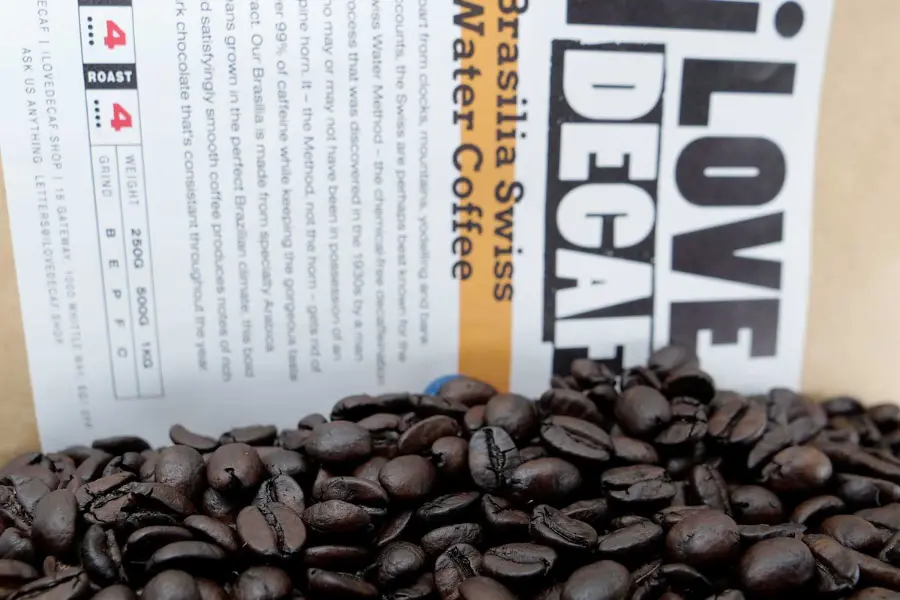
Decaf is not only coffee skipping caffeine. There are many interesting facts involving decaf that you will love to know. Let’s learn why decaf can be a good choice for coffee lovers.
Does Decaf Coffee Really Have No Caffeine?
Not as many of us think decaffeinated coffee is not completely free from caffeine. The process of decaffeination applied only removes roughly 97% of the caffeine amount from the beans. It indicates that a minor amount of caffeine is still in it. A cup of decaf coffee serves about approximately 2–5 milligrams of caffeine compared to the 80–100 milligrams in regular coffee. For people sensitive to caffeine, decaf provides a low-caffeine solution without sacrificing the taste.
Can Decaf Coffee Help You Stay Awake?
No, decaf will not likely keep you awake. It can’t provide the energy boost that regular coffee does because it is removed almost from caffeine. Still, it may give a little psychological push, since the action of having coffee could give a signal alertness to your brain. In case you’re very sensitive to caffeine, a very small amount may also keep you up without getting jitters or crashes.
Why Is Decaffeinated Coffee Good For Health?
Decaf coffee has numerous health benefits. This makes it a smart choice for many people to enjoy the flavor without the stimulating effects of caffeine. Like regular coffee, decaf contains many antioxidants in it. These antioxidants help reduce inflammation and fight off free radicals in the body.
Besides, caffeine levels and acidity in decaf coffee are much lower, thus it is often easier to tolerate. People with sensitive stomachs or conditions such as GERD or acid reflux can enjoy decaf coffee in consideration. Decaf coffee is proven to offer great health benefits to the heart. Free-caffeine coffee can help curb symptoms like anxiety and sleep disturbances related to regular coffee intake. Moreover, you won’t need to worry about the diuretic effects of decaf coffee.
Tips To Brew Decaf Coffee To Have As Good Taste As Regular Coffee
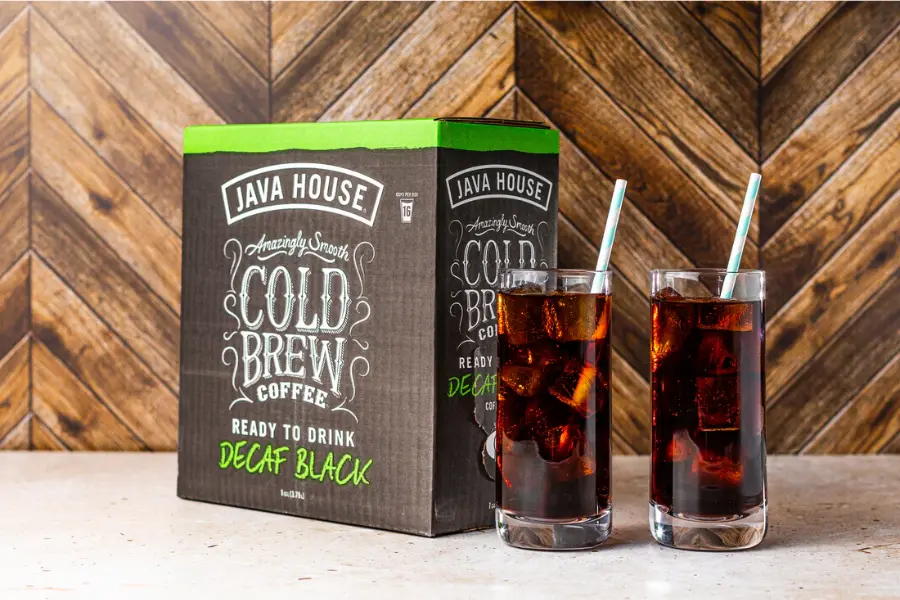
You totally can have a tasteful cup of decaf coffee with the right brewing techniques and tips. Follow the below instructions to ensure your decaffeinated coffee is aromatic and rich:
Choose High-Quality Beans
You should choose high-quality Arabica coffee beans with mild decaffeination methods, such as the Swiss Water Process. More importantly, freshly roasted beans add significantly to the taste.
Grind the Beans Fresh
You should grind your coffee beans just right before brewing in order to get the best freshness and flavor. The pre-ground coffee loses its aroma quickly because of exposure to air. You can grind coffee to a suitable size according to your brewing method.
Store Coffee Properly
To maintain freshness, store your decaf beans in an airtight container away from light, heat, and moisture. You shouldn’t freeze coffee beans because this may affect and change their flavor.
Traditional Brew Method
This is the most common method that you will brew hot coffee. You can apply it to both regular and decaf beans. You’ll need approximately 2 tablespoons of medium ground coffee and 6 ounces of hot water. It will take you about 5-10 minutes to brew depending on what kinds of drip coffee maker you have.
In case you use a pour-over, you need to pay attention to the water temperature. The ideal temperature of the water is around 195°F and 205°F (or 90°C to 96°C). Using oiling water can scorch your coffee and make it taste bitter.
Cold Brew Method
Unlike the traditional brewing method, cold brew uses cold water and needs extended time to extract the flavor of coffee. It usually takes 12 to 24 hours, after which your coffee will taste milder and less harsh. Like hot brew coffee, cold brew can be enjoyed with milk or cream. Especially, you can store your cold brew coffee in the fridge for up to 1 week.
To make perfect cold brew coffee, you need 1 cup of coarsely ground coffee and 4 cups of cold water. Next, fill a big jar or pitcher with water and coffee, stirring carefully to make sure all the coffee grounds are wet. Place the jar in the refrigerator for 12 to 24 hours with a lid on. Keep in mind that the longer it takes, the stronger aroma it will have. The last thing you have to do is strain to remove the grounds to get your cold brew.
Final Thoughts
So, does decaf coffee taste different from normal coffee? Typically, the decaf taste is just as same as traditional coffee, even though it may have a slighter flavor due to the caffeine removal. The important thing is that you need to prepare high-quality coffee beans as well as proper brewing techniques. Although decaf coffee seems to have no caffeine, you should only have coffee before 3 pm to avoid affecting your sleep at night.

